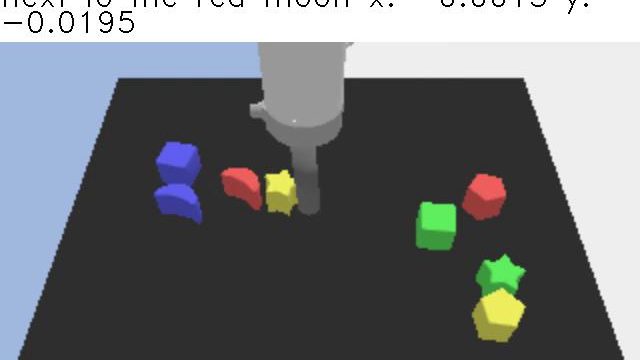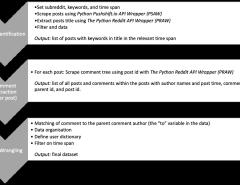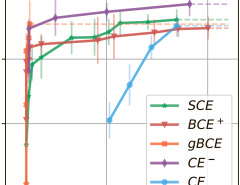Authors: Zane Durante, Bidipta Sarkar, Ran Gong, Rohan Taori, Yusuke Noda, Paul Tang, Ehsan Adeli, Shrinidhi Kowshika Lakshmikanth, Kevin Schulman, Arnold Milstein, Demetri Terzopoulos, Ade Famoti, Noboru Kuno, Ashley Llorens, Hoi Vo, Katsu Ikeuchi, Li Fei-Fei, Jianfeng Gao, Naoki Wake, Qiuyuan Huang
Published on: February 08, 2024
Impact Score: 8.52
Arxiv code: Arxiv:2402.05929
Summary
- What is new: A novel multi-task agent training paradigm that unifies diverse pre-training strategies for dynamic, agent-based AI systems.
- Why this is important: The transition from static, task-specific AI models to dynamic, agent-based systems that can perform well across a wide range of applications.
- What the research proposes: The Interactive Agent Foundation Model, which uses a variety of data sources for multi-task and multimodal learning across domains like Robotics, Gaming AI, and Healthcare.
- Results: The model demonstrated the ability to generate meaningful and contextually relevant outputs in Robotics, Gaming AI, and Healthcare, showcasing its versatility and adaptability.
Technical Details
Technological frameworks used: Interactive Agent Foundation Model
Models used: Visual masked auto-encoders, language modeling, and next-action prediction
Data used: Robotics sequences, gameplay data, large-scale video datasets, and textual information
Potential Impact
Robotics, Gaming AI, Healthcare sectors could be significantly impacted, offering new opportunities for innovation and growth.
Want to implement this idea in a business?
We have generated a startup concept here: VersAI.




Leave a Reply